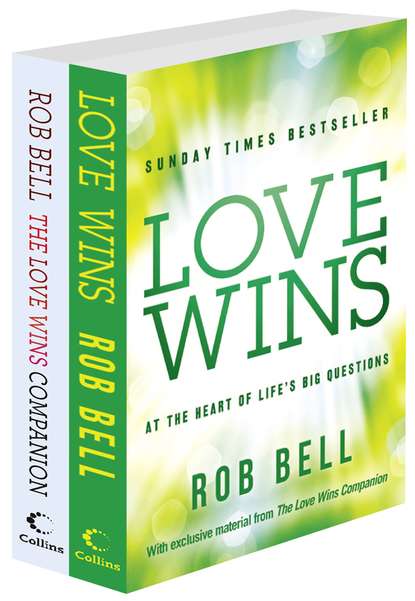God “will wipe away the tears from all faces”;
and “remove his people’s disgrace from all the earth” (chap. 25).
The prophet Ezekiel said that people will be given
grain and fruit and crops and new hearts and new spirits (chap. 36).
The prophet Amos promised that everything will be
repaired and restored and rebuilt and
“new wine will drip from the mountains” (chap. 9).
Life in the age to come.
If this sounds like heaven on earth,
that’s because it is.
Literally.
A couple of observations about the prophets’ promises regarding life in the age to come.
First, they spoke about “all the nations.” That’s everybody. That’s all those different skin colors, languages, dialects, and accents; all those kinds of food and music; all those customs, habits, patterns, clothing, traditions, and ways of celebrating—
multiethnic,
multisensory,
multieverything.
That’s an extraordinarily complex, interconnected, and diverse reality, a reality in which individual identities aren’t lost or repressed, but embraced and celebrated. An expansive unity that goes beyond and yet fully embraces staggering levels of diversity.
A racist would be miserable in the world to come.
Second, one of the most striking aspects of the pictures the prophets used to describe this reality is how earthy it is. Wine and crops and grain and people and feasts and buildings and homes. It’s here they were talking about, this world, the one we know—but rescued, transformed, and renewed.
When Isaiah predicted that spears would become pruning hooks, that’s a reference to cultivating. Pruning and trimming and growing and paying close attention to the plants and whether they’re getting enough water and if their roots are deep enough. Soil under the fingernails, grapes being trampled under bare feet, fingers sticky from handling fresh fruit.
It’s that green stripe you get around the sole of your shoes when you mow the lawn.
Life in the age to come.
Earthy.
Third, much of their vision of life in the age to come was not new. Deep in their bones was the Genesis story of Adam and Eve, who were turned loose in a garden to name the animals and care for the earth and enjoy it.
To name is to order, to participate, to partner with God in taking the world somewhere.
“Here it is,
a big, beautiful, fascinating world,”
God says.
“Do something with it!”
For there to be new wine, someone has to crush the grapes.
For the city to be rebuilt, someone has to chop down the trees to make the beams to construct the houses.
For there to be no more war, someone has to take the sword and get it hot enough in the fire to hammer into the shape of a plow.
This participation is important, because Jesus and the prophets lived with an awareness that God has been looking for partners since the beginning, people who will take seriously their divine responsibility to care for the earth and each other in loving, sustainable ways. They centered their hopes in the God who simply does not give up on creation and the people who inhabit it. The God who is the source of all life, who works from within creation to make something new. The God who can do what humans cannot. The God who gives new spirits and new hearts and new futures.
Central to their vision of human flourishing in God’s renewed world, then, was the prophets’ announcement that a number of things that can survive in this world will not be able to survive in the world to come.
Like war.
Rape.
Greed.
Injustice.
Violence.
Pride.
Division.
Exploitation.
Disgrace.
Their description of life in the age to come is both thrilling and unnerving at the same time. For the earth to be free of anything destructive or damaging, certain things have to be banished. Decisions have to be made. Judgments have to be rendered. And so they spoke of a cleansing, purging, decisive day when God would make those judgments. They called this day the “day of the LORD.”
The day when God says “ENOUGH!” to anything that threatens the peace (shalom is the Hebrew word), harmony, and health that God intends for the world.
God says no to injustice.
God says, “Never again” to the oppressors who prey on the weak and vulnerable.
God declares a ban on weapons.
It’s important to remember this the next time we hear people say they can’t believe in a “God of judgment.”
Yes, they can.








 Рейтинг:
0
Рейтинг:
0